Filter by
The language used throughout the course, in both instruction and assessments.
1,488 results for "python"

Google
Skills you'll gain: Data Analysis, SQL, R Programming, Business Communication, Spreadsheet Software, Business Analysis, Data Visualization, Data Management, General Statistics, Big Data, Communication, Computer Programming, Data Science, Data Visualization Software, Databases, Exploratory Data Analysis, Extract, Transform, Load, Leadership and Management, Microsoft Excel, Problem Solving, Small Data, Statistical Programming, Tableau Software
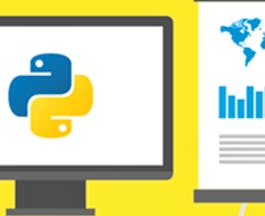
Skills you'll gain: Python Programming, Computer Programming, Data Analysis, Data Visualization
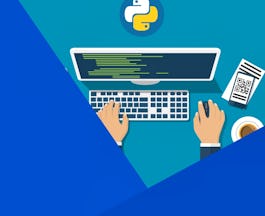 Status: Free
Status: FreePontificia Universidad Católica de Chile
Skills you'll gain: Computational Logic, Computer Programming, Programming Principles, Python Programming, Algorithms, Data Analysis, Computer Programming Tools, Computational Thinking, System Programming, Problem Solving
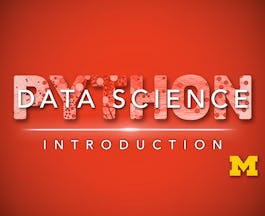
University of Michigan
Skills you'll gain: Computer Programming, Data Analysis, Data Management, Python Programming, Statistical Programming, Data Mining, Extract, Transform, Load, Computer Programming Tools, Data Structures, Exploratory Data Analysis, General Statistics
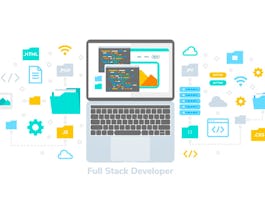
Skills you'll gain: Cloud Computing, Cloud Applications, IBM Cloud, Cloud Infrastructure, DevOps, Cloud Platforms, Computer Programming, Javascript, Python Programming, Cloud Management, Web Development, Software Architecture, Application Development, Cloud API, Cloud-Based Integration, Software Engineering, Microarchitecture, Cloud Storage, Continuous Delivery, Continuous Integration, Full-Stack Web Development, Software As A Service, Docker (Software), Kubernetes, Software Engineering Tools, Software Testing, Django (Web Framework), NoSQL, SQL, Collaboration, Computer Science, Data Analysis, Front-End Web Development, Leadership and Management, Mergers & Acquisitions, React (web framework)
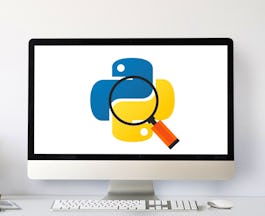
Skills you'll gain: Python Programming, Computer Programming, Data Analysis, Data Science

University of Pennsylvania
Skills you'll gain: Python Programming, Computer Programming, Programming Principles, Computational Logic, Computational Thinking, Computer Programming Tools, Critical Thinking, Problem Solving, Data Structures

Skills you'll gain: Python Programming, Computer Programming, Computer Science, Operations Management
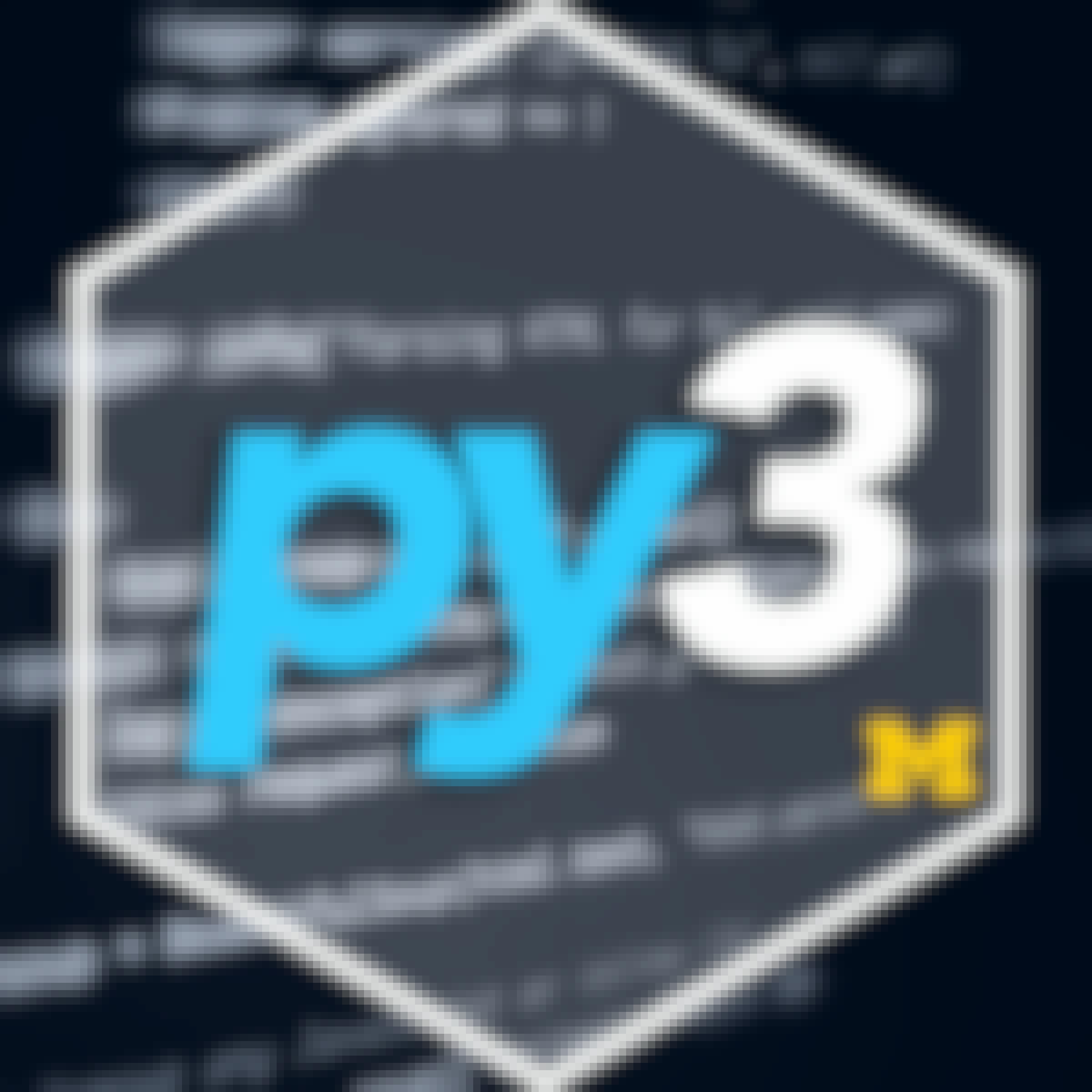
University of Michigan
Skills you'll gain: Computer Programming, Python Programming
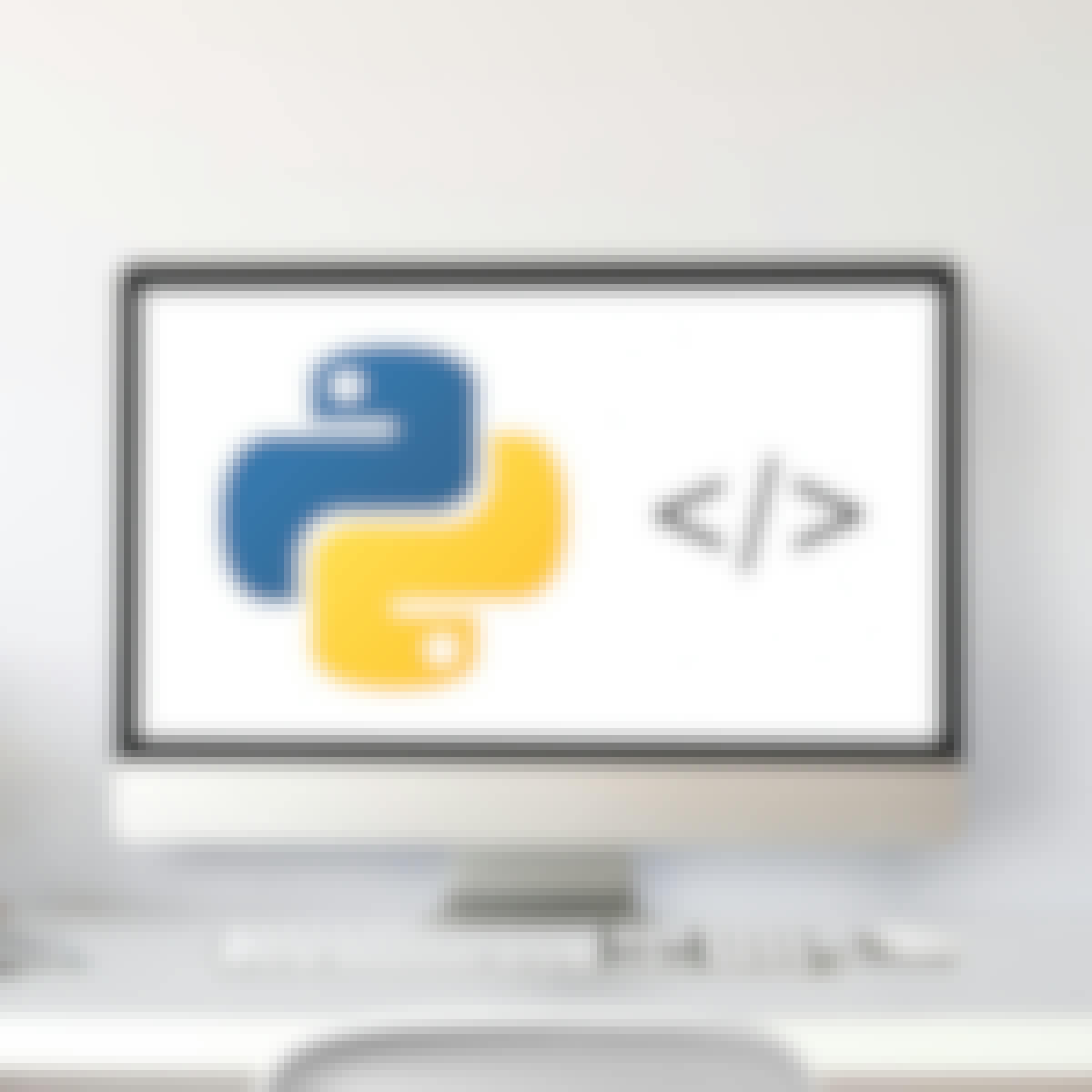
Skills you'll gain: Software Testing, Application Development, Computer Programming, Python Programming
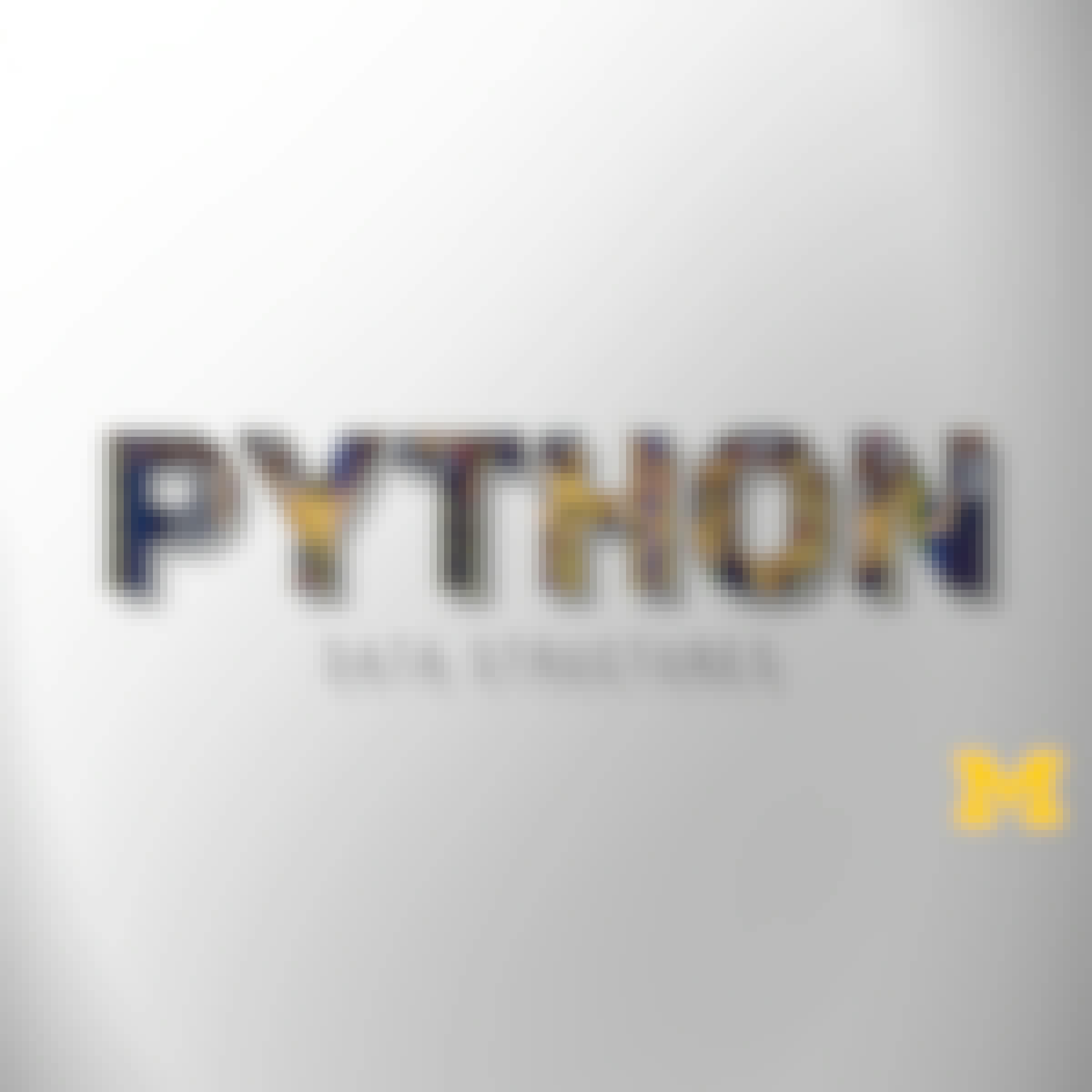
University of Michigan
Skills you'll gain: Algorithms, Computational Logic, Computational Thinking, Computer Programming, Computer Programming Tools, Critical Thinking, Data Analysis, Data Management, Data Structures, Problem Solving, Python Programming

DeepLearning.AI
Skills you'll gain: Machine Learning, Deep Learning, Artificial Neural Networks, Machine Learning Algorithms, Applied Machine Learning, Python Programming, Machine Learning Software, Network Model, Algorithms, Computer Programming, Computer Vision, Network Architecture, Natural Language Processing, Tensorflow, Human Learning, Data Analysis, Data Model, Exploratory Data Analysis, Process Analysis, Mathematics, Mathematical Theory & Analysis, Linear Algebra, Regression, Calculus
In summary, here are 10 of our most popular python courses
- Google Data Analytics: Google
- Data Visualization with Python: IBM
- Introducción a la programación en Python I: Aprendiendo a programar con Python: Pontificia Universidad Católica de Chile
- Introduction to Data Science in Python: University of Michigan
- IBM Full Stack Software Developer: IBM
- Python Project for Data Science: IBM
- Introduction to Python Programming: University of Pennsylvania
- Programming in Python: A Hands-on Introduction: Codio
- Python Classes and Inheritance: University of Michigan
- Developing AI Applications with Python and Flask: IBM










